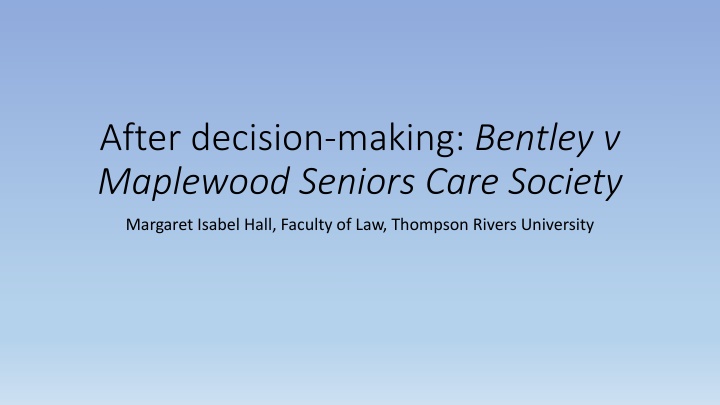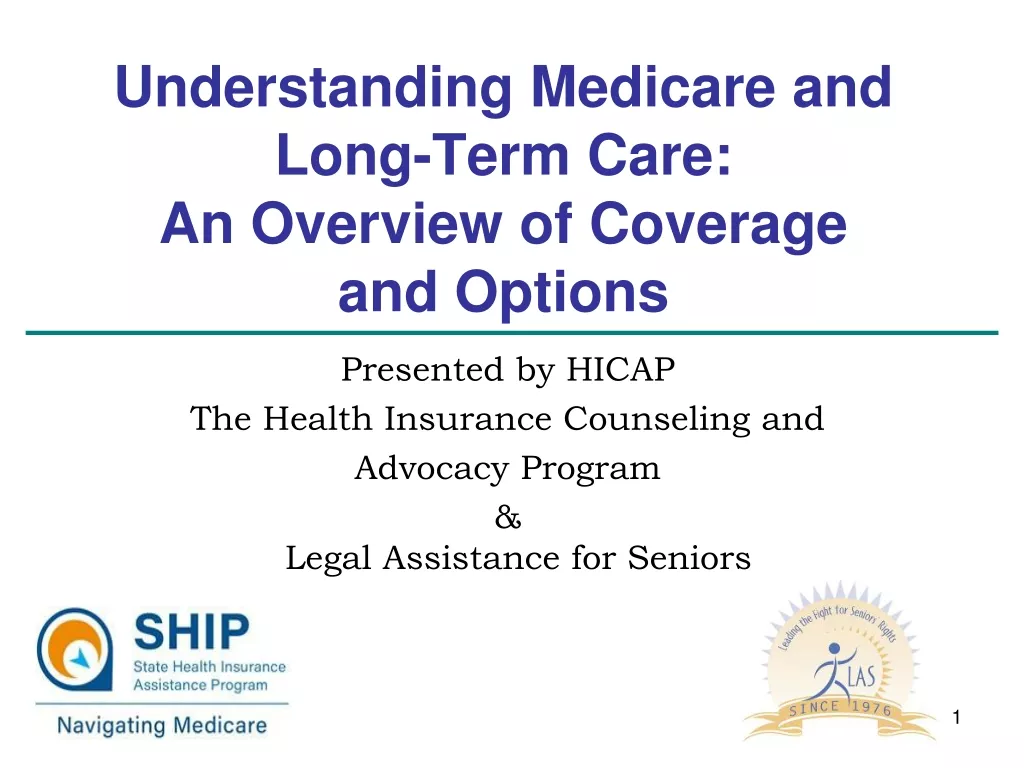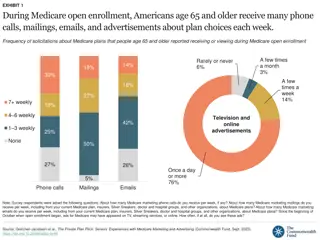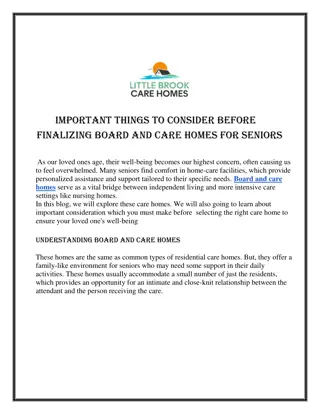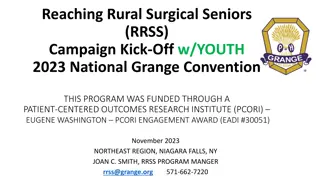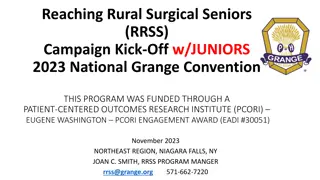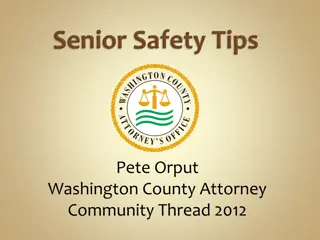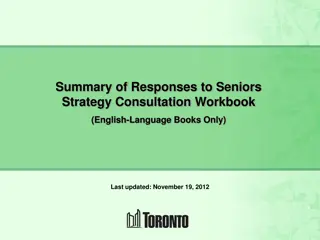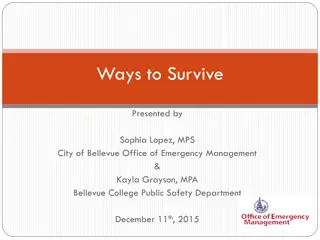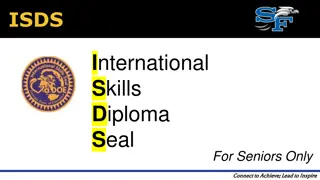Legal Case Analysis: Bentley v. Maplewood Seniors Care Society
The case of Bentley v. Maplewood Seniors Care Society involves a legal dispute surrounding a resident, MB, diagnosed with advanced Alzheimer's disease. The issue focuses on whether MB was choosing to eat and drink, leading to a debate between assessments by physicians and family members. The basis of MB's claim revolves around statements of wishes made prior to her dementia diagnosis, asserting her right to refuse artificial means to be kept alive. This case delves into complex ethical and legal considerations surrounding end-of-life decisions and advance directives.
Download Presentation

Please find below an Image/Link to download the presentation.
The content on the website is provided AS IS for your information and personal use only. It may not be sold, licensed, or shared on other websites without obtaining consent from the author.If you encounter any issues during the download, it is possible that the publisher has removed the file from their server.
You are allowed to download the files provided on this website for personal or commercial use, subject to the condition that they are used lawfully. All files are the property of their respective owners.
The content on the website is provided AS IS for your information and personal use only. It may not be sold, licensed, or shared on other websites without obtaining consent from the author.
E N D
Presentation Transcript
After decision-making: Bentley v Maplewood Seniors Care Society Margaret Isabel Hall, Faculty of Law, Thompson Rivers University
The case (British Columbia Supreme Court) MB, a resident at the Maplewood care facility, diagnosed with advanced Alzheimer s disease. MB described as having very few physical movements, occasionally rub[bing] the back of her hand, arm, or face with [h]er eyes closed much of the time. She has not spoken since 2010. She does not indicate through her behaviour that she recognizes her family members or any other person. BCSC agreed with an assessment carried out by a hospice care physician that MB was not dying, [d]espite her cognitive and physical disabilities ; if the petitioners application was granted she would die from starvation or dehydration, rather than from any effect of Alzheimer s disease
The issue Staff assist MB with eating, drinking via spoon feeding Was MB choosing to eat and drink? Assessments by physician, PGT capacity assessor, conclude- yes, indicated through behaviours GP, in contrast, describes MB s condition as vegetative - reflex, not behaviour MB s daughter and husband, and MB through litigation guardian, asking for court order that Maplewood stop spoon feeding Maplewood says stopping feeding would cause pain and suffering, constitute neglect (AGA Part 3), violate criminal law
Basis of MBs claim Is this MB s claim? Claim brought by litigation guardian, MB s daughter/husband on basis of two statements of wishes made by former (pre-dementia) MB- relationship of these prior wishes to current MB Petitioners claim statements of wishes operate as an advanced directive, or, appointed husband as decision-making representative
Statement of wishes #1 If at such a time the situation should arise that there is no reasonable expectation of my recovery from extreme physical or mental disability, I direct that I be allowed to die and not be kept alive by artificial means or heroic measures ; that no nourishment or liquids be provided; and that [i]n the event that mental deterioration is such that I am unable to recognize the members of my family, I ask that I be euthanized MB s husband designated proxy for the purpose of making medical decisions on my behalf in the event that I become incompetent and unable to make such decisions for myself ; daughter as alternative proxy
Statement of wishes #2 If the time comes when I can no longer communicate, this declaration shall be taken as a testament to my wishes regarding medical care. If it is the opinion of two independent doctors that there is no reasonable prospect of my recovery from severe physical illness, or from impairment expected to cause me severe distress or render me incapable of rational existence, then I direct that I be allowed to die and not be kept alive by artificial means such as life support systems, tube feeding, antibiotics, resuscitation or blood transfusions: any treatment which has no benefit other than a mere prolongation of my existence should be withheld or withdrawn, even if it means my life is shortened
What kind of legal instrument (if any) is the statement of wishes ? statements of wishes , proxies not legal instruments (neither has legal effect or power) Never such a legal construct as a living will ; still not Current instruments advanced directives and representation agreements not in existence at the time Petitioners argue statements should be treated as effective advanced directive and representation agreement
Not an advanced directive or representation agreement Can t appoint a representative in an advanced directive Advanced directives can only direct health care spoon feeding is not health care, but personal care Even if activity was health care , its not heroic and artificial ; instruction unclear (a health care provider cannot obtain consent from an advance directive where the instructions in an adult s advance directive are so unclear that it cannot be determined whether the adult has given or refused consent to the health care ) Using a representation agreement, a representative can be appointed re health care and personal care decision-making; the case here? No- even if it could be treated as an RA, it applied to health care only
But most importantly even if the statement of wishes could operate as either an advance directive or a representation agreement (or both), MB was currently capable of consenting to the spoon feeding and, through her behaviour, she did consent to it Substitute decision making mechanisms of no effect where the individual is currently capable of choosing The extent to which Mrs. Bentley s current consent contradicted any previously expressed wishes was also irrelevant: It is entirely possible that the decisions Mrs. Bentley predicted she would make for herself in the future through her proxies and as set out in her statements of wishes are different than the decisions she is currently making. All adults are entitled to change their mind subsequent to creating written instructions, which is one of the risks associated with written instructions for the future.
Press response (Globe and Mail) determined not to die a slow, lonely, frightful death like so many of her patients. So she planned ahead. Bentley wrote a living will, one that clearly stated that, when her time came, she did not want heroic measures taken to keep her alive. She also discussed the issue with her children, fully and openly, and they were in agreement. Bentley did everything right. Yet today, the 82-year-old, who is in the final stages of dementia, is being kept alive against her wishes and those of her family. And the B.C. Supreme Court says that s okay. How could this happen? When will the wishes of patients finally and rightfully take precedence over the paternalistic prurience of the medico-legal establishment? When will we stop torturing people in the name of legalistic hair-splitting and fully embrace essential principles such as having treatment choices and death with dignity?
Court of Appeal (2015) battery argument (non-trivial physical contact without consent); that evidence did not show MB consented to the feeding rather than being prompted and prodded ; not successful It is a grave thing to ask or instruct caregivers to stand by and watch a patient starve to death. It should come as no surprise that a court of law will be assiduous in seeking to ascertain and give effect to the wishes of the patient in the here and now , even in the face of prior directives, whether clear or not. This is consistent with the principle of patient autonomy that is also reflected in the statutes referred to earlier, and in many judicial decisions, including Carter v. Canada (Attorney General) 2015 SCC 5 (CanLII), where the Court emphasized that when assisted suicide is legalized, it must be conditional on the on the clear consent of the patient. (Para. 127.)
Defining autonomous personhood Is the person with advanced dementia an autonomous person who choices are real ? Or is the real person the pre-dementia individual, and does respecting autonomy mean giving that individual s choices effect (necessarily through third person actions?)
